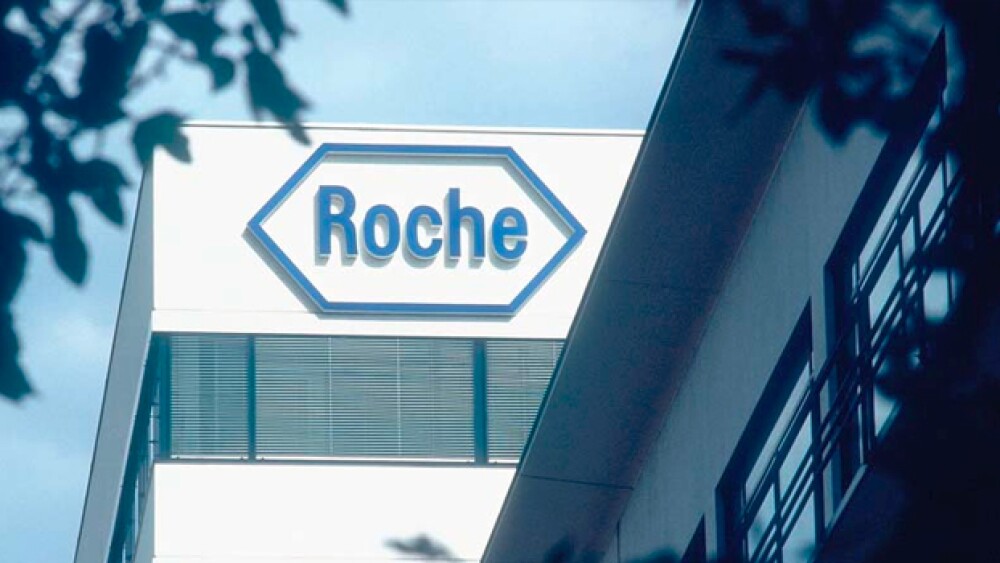Building on a four-year-old relationship Roche struck a deal to acquire a regenerative therapy program for multiple sclerosis from Inception Sciences, a drug discovery engine co-founded with Versant Ventures in 2011.
Building on a four-year-old relationship Roche struck a deal to acquire a regenerative therapy program for multiple sclerosis from Inception Sciences a drug discovery engine co-founded with Versant Ventures in 2011.
Through the transaction, Roche gained the Inception 5 program. The deal builds on a nearly four-year-old alliance between Inception and Roche to discover and develop small molecules that promote remyelination of nerve fibers damaged during the progression of multiple sclerosis. Remyelination is the process by which new myelin sheaths are generated around axons in the adult central nervous system. Remyelination follows the “pathological loss of myelin in diseases like multiple sclerosis,” according to the National Center for Biotechnology Information.
When the collaboration was initially struck in 2014 Roche said the program was built on discoveries made through a proprietary remyelination screening platform developed by investigators at the University of California at San Francisco. At the time the deal was initially struck Roche said it was looking at the tools from Inception 5 as a means to unravel “the biological basis of nerve myelination and target-repair mechanisms in multiple sclerosis.” Inception researchers have spent the past three-and-a-half years examining multiple molecular targets for remyelination that had already been identified by Roche.
Multiple sclerosis is a chronic disease that affects an estimated 2.3 million people around the world, for which there is currently no cure. MS occurs when the immune system abnormally attacks the insulation and support around the nerve cells (myelin sheath) in the brain, spinal cord and optic nerves, causing inflammation and consequent damage, which can cause a wide range of symptoms, including muscle weakness, fatigue, difficulty seeing, and may eventually lead to disability.
Roche has a strong history working with multiple sclerosis. Last year the U.S. Food and Drug Administration approved Ocrevus, the first and only approved disease-modifying therapy for primary progressive form of MS. Ocrevus is a monoclonal antibody designed to target CD20-positive B cells, a specific type of immune cell thought to be a key contributor to myelin (nerve cell insulation and support) and axonal (nerve cell) damage.
Neither Roche nor Inception have disclosed what discoveries have been made but it was enough for the Swiss pharma giant to plunk down money for an acquisition. Roche and Versant did not disclose financial terms of the deal, nor did they disclose what specific targets the company will be using the Inception 5 to hit.
The initial project between Roche and Inception was backed with equity financing by Versant Ventures and Roche provided the research funding.
With the funds from the Roche acquisition, Versant Ventures said it intends to launch a new company called Pipeline Therapeutics. The successor company will be led by the same team that worked with Roche. Pipeline will build an expanded platform to identify the next generation of neuro-regenerative therapies, Versant said in its announcement.
Pipeline Therapeutics will be led by Brian Stearns and Daniel Lorrain, who co-led translational work on the Inception 5 remyelination program. Versant’s leadership for the formation, financing and launch of Pipeline will be assumed by Clare Ozawa, Versant managing director. Pipeline Therapeutics is solely backed by Versant and expects to seek syndicate financing and industry partners by 2019, according to the announcement.





